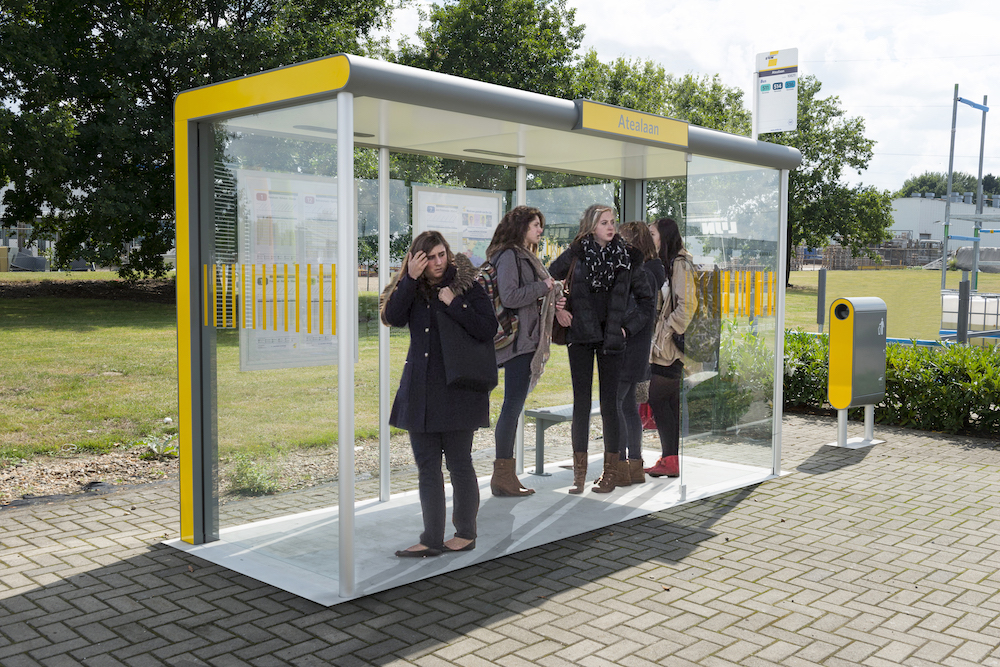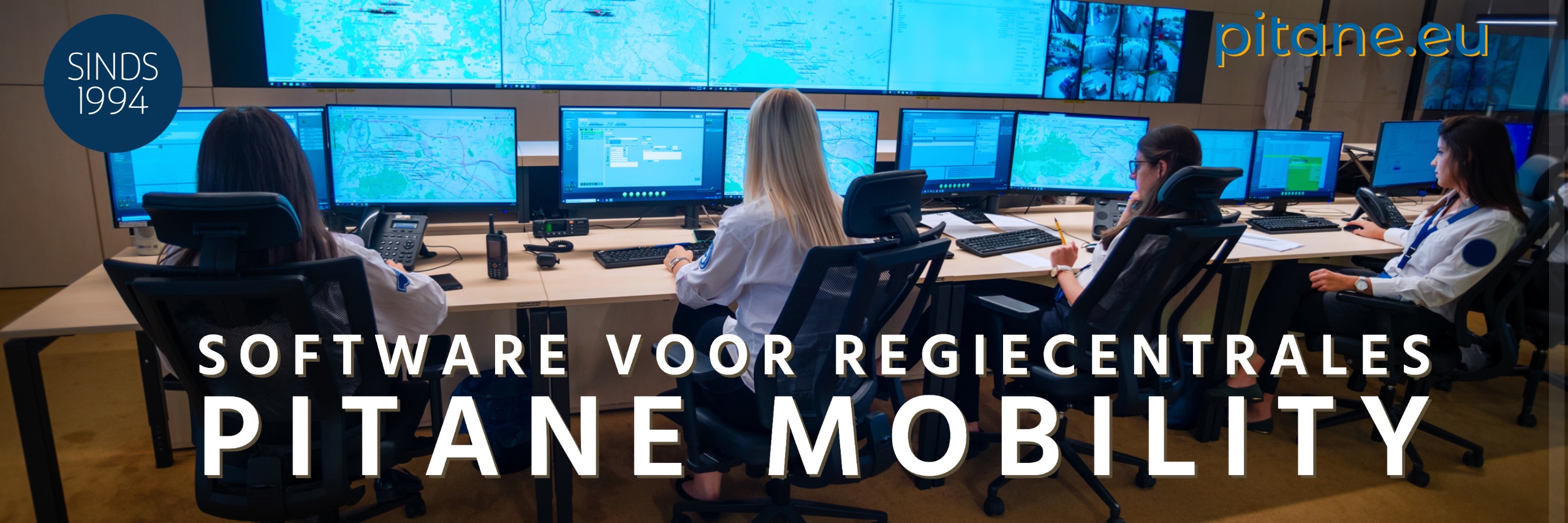In the international aviation world, the American JetBlue Airways has accused the Dutch government of violating international agreements.
In the Netherlands, the SGP, the country's oldest political party, places an unusual focus on mobility. The party proposes to transform the Mobility Fund into an Accessibility Fund, where social aspects are taken into account in addition to economic aspects. They emphasize the annual social costs of traffic jams and traffic accidents, four and twenty-seven billion euros respectively, and argue for more investments in road safety.
In Wallonia, parliament has now given the green light to the introduction of digital platforms such as Uber, Bolt and Heetch. Although the Walloon Minister of Mobility, Philippe Henry, welcomed this development, there are concerns about the impact on traditional taxi companies and social transport. Henry stressed that the reform would offer consumers more choice and flexibility and that measures will be taken to protect the sector.
At the same time, an international conflict around Amsterdam's Schiphol Airport is escalating. The American airline JetBlue accuses the Dutch government of violating the US-EU Open Skies agreement. JetBlue claims that unfair trade barriers have been set up that make it impossible for the company to operate at Schiphol.
In the Netherlands, legislation regarding electric vans is being tightened. From October 1, a B driving license will no longer be sufficient to drive certain heavy electric vans. This could have significant implications for the sustainable transition and for entrepreneurs who want to use heavier electric vehicles.
Finally, the travel industry suffered a major blow with the bankruptcy of the Eindhoven tour operator Vacansoleil. With almost 600 campsites and half a million holidaymakers per year, the company was a major player in the camping holiday market. The bankruptcy will undoubtedly impact both families' vacation plans and the local economies that benefited from these campsites.

A month after the start of the school year, hundreds of students in Flemish special education are still struggling with a travel time on the school bus that exceeds the promised 90 minutes. The Flemish government had made commitments and promised a budget of 30 million euros from 2024, but an immediate solution does not seem to be available. According to transport company De Lijn, there are several causes, including a shortage of drivers, an increase in the number of students and problems with new software.



